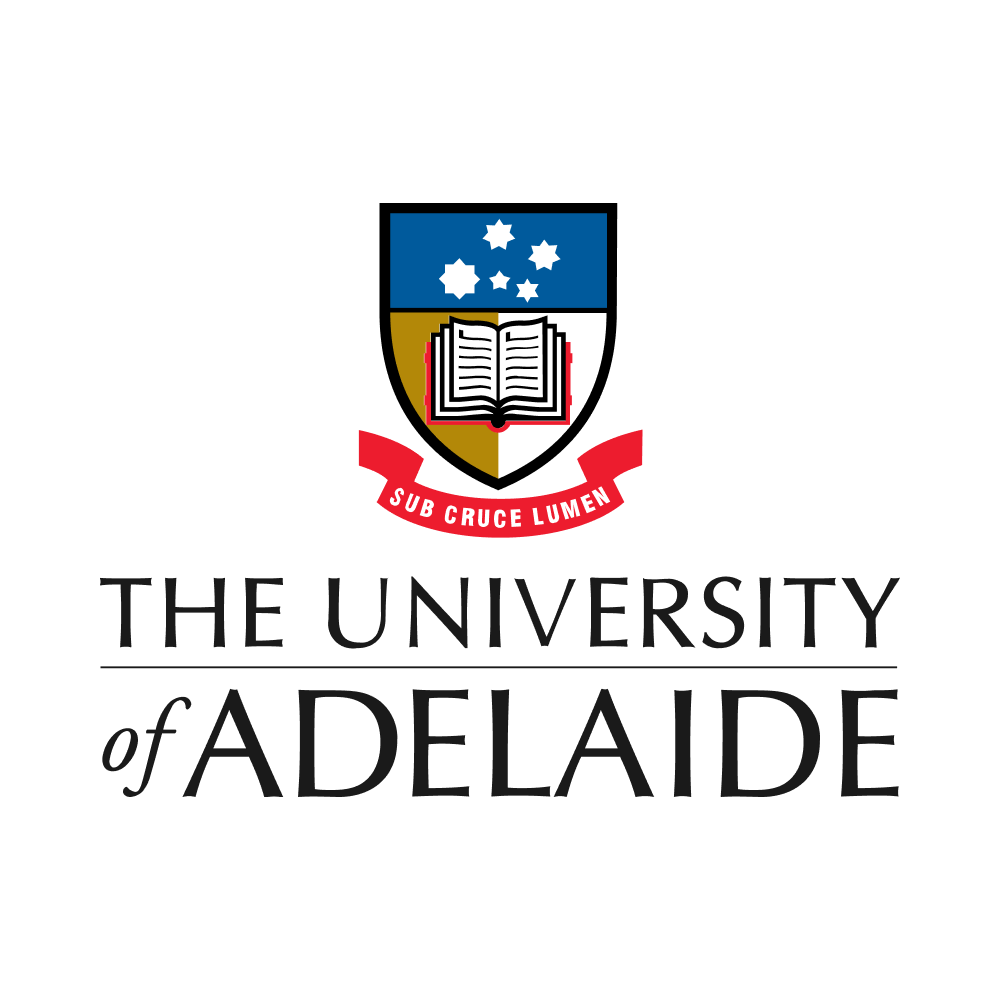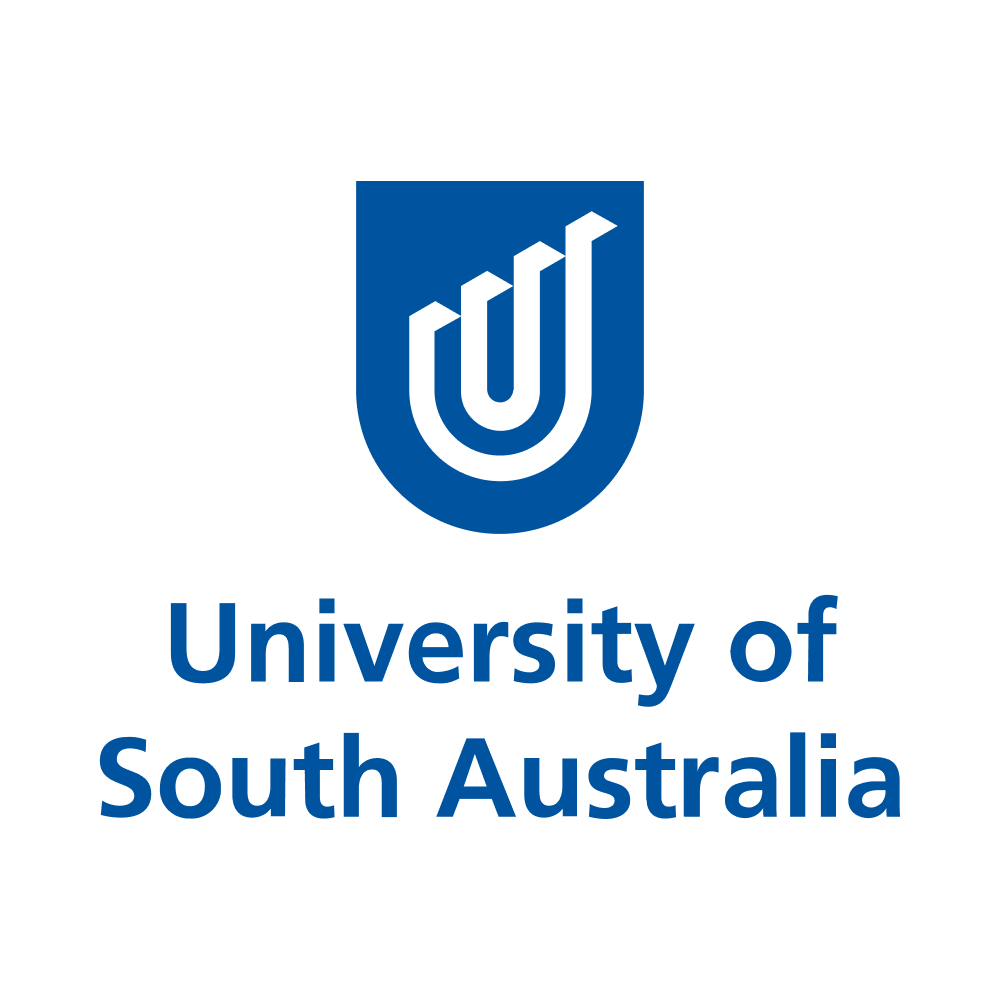University of Adelaide
Graduate Diploma in Economics and Resource Policy
- Delivery: Face to Face
- Study Level: Postgraduate
- Duration: 12 months
- Course Type: Graduate Diploma
Learn how to shape sustainable growth and a well-resourced future.

Course overview
The Graduate Diploma in Economics and Resource Policy is designed to enhance your employability, with practical skills for both academic and professional success.
Explore concepts like incentives, opportunity costs, trade-offs, externalities and efficiency. Apply economic principles across various domains, including public policy, international trade, agribusiness and natural resources. Learn advanced methods for examining, modelling and analysing data. Craft economic reports, written summaries of current events and research projects. Access support services like the Economics Drop-in Centre, Writing Centre and Maths Learning Centre. Finally, develop interpersonal and soft skills for effective communication in this course.
Equipped with newfound insights, you'll be empowered to offer expert advice on corporate strategies, unravel the context behind current events, shape public policies for a more promising world and navigate your own personal choices with discernment.
Key facts
What you will study
To qualify for the Graduate Diploma in Economics and Resource Policy, the student must complete satisfactorily a program of study consisting of the following courses with a combined total of not less than 24 units, comprising:
- Core courses to the value of 12 units.
- Elective courses to the value of 12 units.
- Economic Principles
- Global Food and Agricultural Markets
- Principles of International Trade and Development
- Cost-Benefit Analysis
Entry requirements
Higher education study
- Applicants must have a completed bachelor's degree or equivalent with a GPA of 4.5 or better.
Outcomes
Career outcomes
Graduates of this program have gone on to roles such as:
- Econometrician
- Economist
- Financial analyst
- Future trader
Fees and FEE-HELP
Indicative annual tuition fee in 2025: $41,000 (domestic full-fee paying place)
Indicative annual fees are based on your first year of study (24 units).
A student’s annual fee may vary in accordance with:
- The number of units studied per term.
- The choice of major or specialisation.
- Choice of units.
- Credit from previous study or work experience.
- Eligibility for government-funded loans.
Student fees shown are subject to change. Contact the university directly to confirm.
FEE-HELP loans are available to assist eligible full-fee paying domestic students with the cost of a university course.









